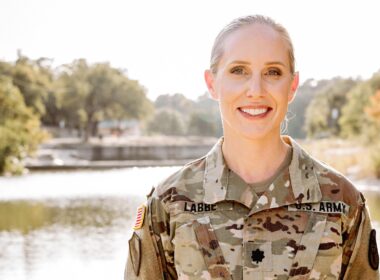Do you think contraceptives use has meant progress for women’s health? If that were true, more educated women would tend to be the ones most likely to use them, right? But in fact, more educated women in America are more likely to use a natural method of family planning than less educated women. A 2013 report from the Center for Disease Control shows that women with a master’s degree or higher were two to four times more likely to have used a natural method of birth control at some point than women who had not graduated from high school[i].
What’s wrong with this picture?
It probably sounds like a broad generalization, but it seems to me that women with a higher education have the time and resources to study, research, and practice healthier ways of family planning, just as they have the time and resources to buy organic food for their family, while lower income, less educated women buy what’s cheap, convenient and bad for them because that’s all they know or can manage. When they’re informed, the women will reap benefits for their health and their pocket book.
This is what I believe:
- Any woman, regardless of race, income, or education level, can learn fertility charting and use it effectively to avoid or achieve pregnancy. It’s not rocket science and can be mastered within a few weeks. These methods are being taught to illiterate women in India with great success[ii]. A 2014 study shows it is successfully implemented in Rwanda, one of the poorest countries in the world[iii].
- Any woman regardless of their race, income, education level should have the right to know her body and have control of it. Fertility Awareness and charting brings greater health literacy and empowerment to women than any other type of sex instruction I’ve heard about.
- Any woman regardless of her race, income or education level, should be properly warned about the health risks of contraceptives. Just last week a friend of mine told me she knew a teen girl who was given a birth control implant in a San Antonio clinic and was told nothing about the side effects and risks. That’s revolting.
The good news is that Fertility Awareness is actually much more affordable than contraceptives. The only cost is the training and even that can be very cheap (see my last e-news about this topic). If you’re ready to learn more about fertility charting and natural birth control click here.
References
[i] National Health Statistic Report, Number 62, February 14, 2013, cited by CycleBead
[ii] http://naturalwomanhood.us7.list-manage.com/track/click?u=5f3e70721e5e9b79cea11fbe5&id=b0d4d4156a&e=cdd22f67d3
[iii] Systems Approach to Monitoring and Evaluation Guides Scale up of the Standard Days Method of Family Planning in Rwanda” is published in the current (May 2014) issue of Global Health: Science and Practice, an open access peer-reviewed journal. http://naturalwomanhood.us7.list-manage.com/track/click?u=5f3e70721e5e9b79cea11fbe5&id=4afc447cb3&e=cdd22f67d3







